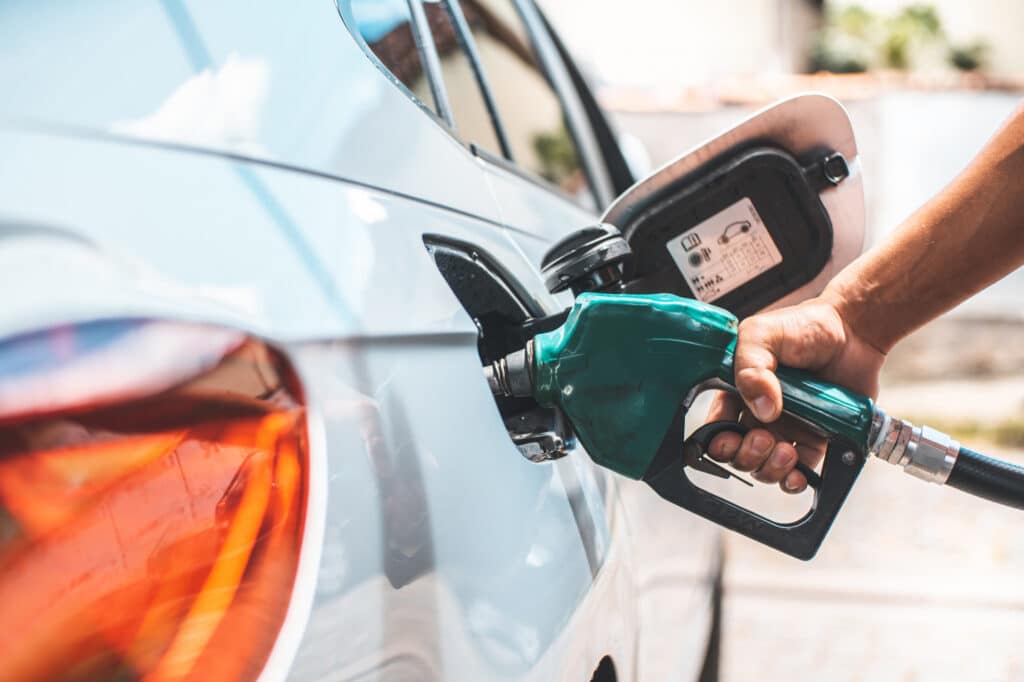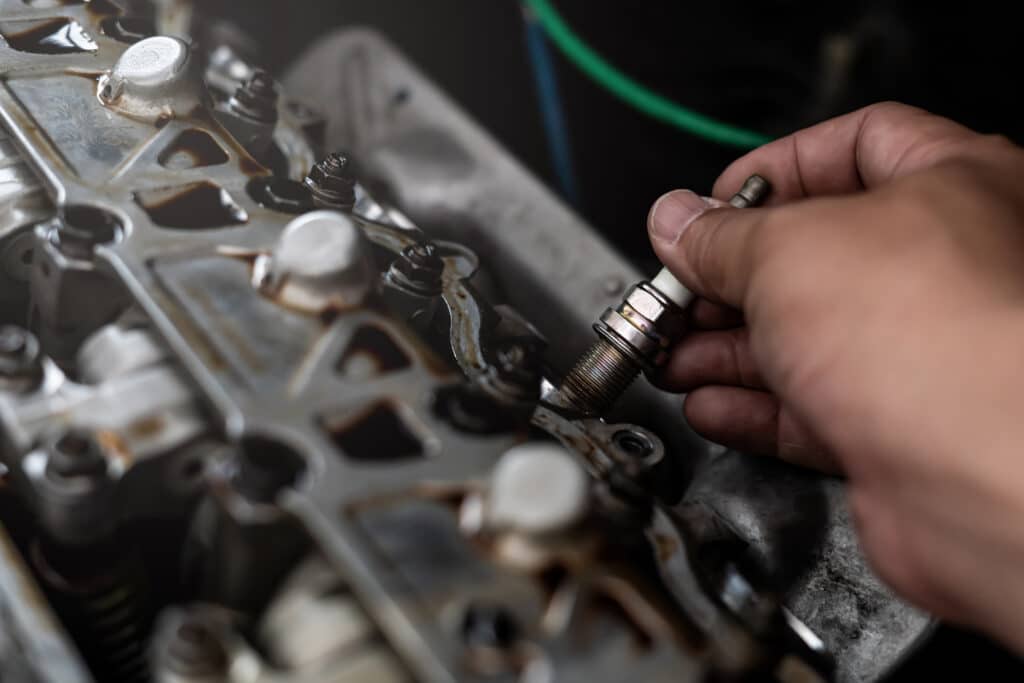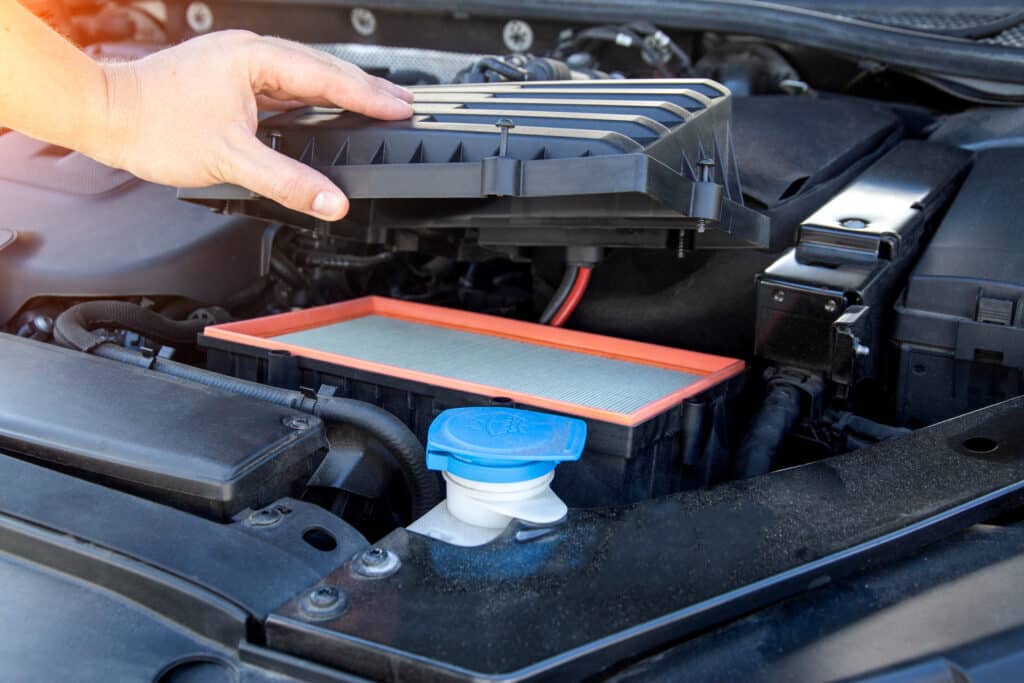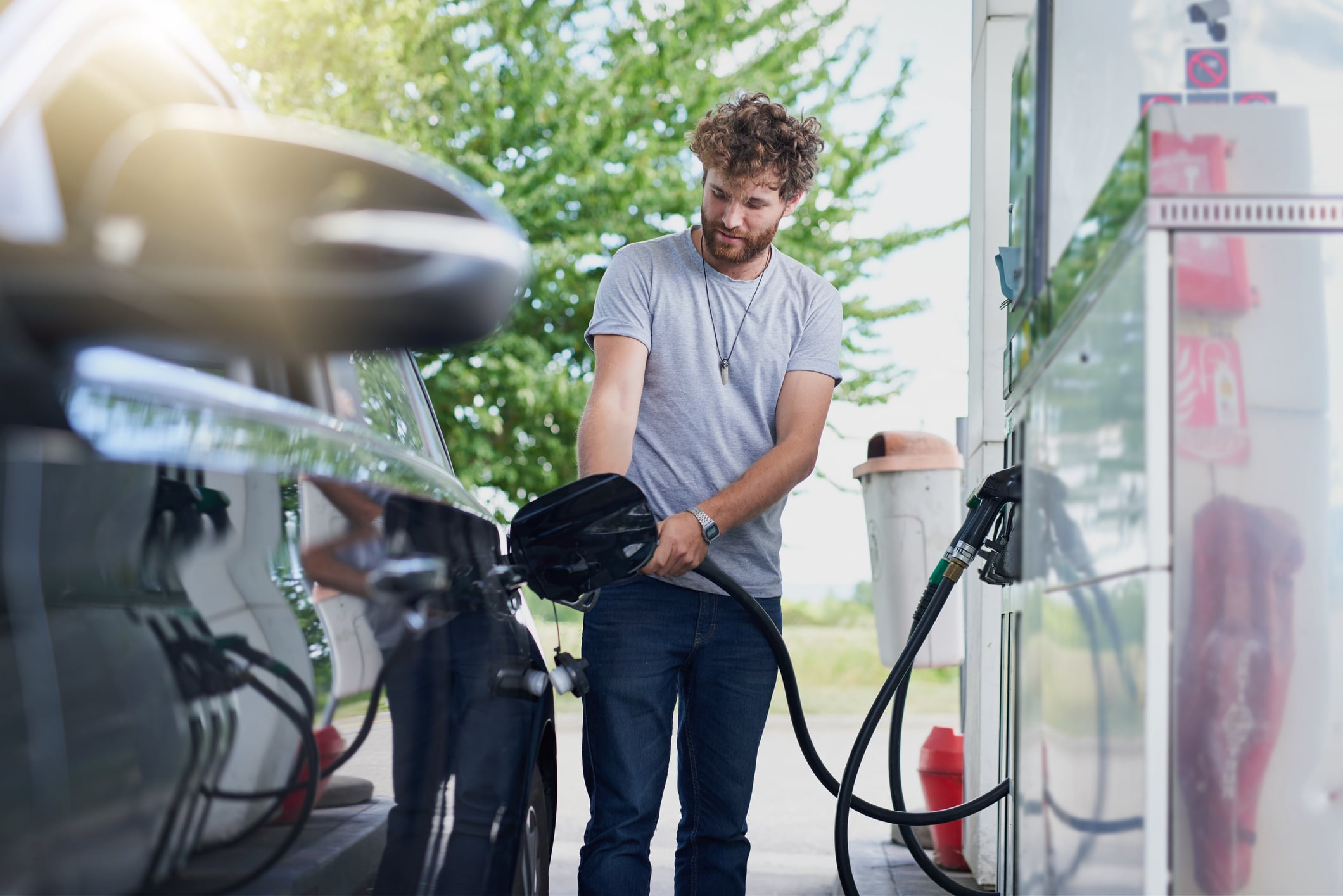When driving your car, any strong smell is usually a sign that something is not running as it should. While these smells might be easy to identify, the causes aren’t always as easy to spot.
If you’ve just filled your car up, the smell of petrol might be residual on your clothes or hands, but if you’re noticing this more frequently than you’re filling up then it could be a sign that something is broken.
In this blog, we’ll go through some of the common causes of a petrol odour in your car and how you can fix them.
Why does my car smell of petrol?
During the regular use of your car, you shouldn’t be able to smell petrol unless you’re filling your car’s petrol tank. If you can smell petrol outside of this, something is going wrong. Here are a few of the reasons why you might be getting a whiff of petrol in your car.
Problems with the petrol cap
A properly working petrol cap should create a tight seal so that water and other contaminants can’t get into the fuel system, which can cause serious issues for the car. If the seal isn’t tight enough, petrol fumes can seep out of the petrol tank, causing the pungent odour to enter the cabin.
What you can do:
The first thing you can do to fix this problem is to check that you’ve tightened the petrol cap properly. If this doesn’t work, it’s quite a simple job to purchase a replacement cap and to install a new one. Because of the way that these caps are made, it is unlikely that the problem exists in the tank or filler neck.

Put too much petrol into the car
Letting your fuel tank run too low can cause problems for your car, but did you know that putting too much in can also wreak havoc on your car’s mechanics? Although most fuel pumps have an automatic cut-off, it might still be possible that you’ve overfilled your petrol tank if you can smell petrol in your car. The engine warning light will sometimes illuminate if this is the case.
What you can do:
If you put too much petrol in your car, the first thing you should do is wipe up any excess so that the surrounding area is safe. Once that has been achieved, you must now assess whether the car is safe to drive. If the petrol has filtered down, then it might be safe to drive providing that you drive at a high RPM for a few minutes to burn off the excess fuel. If the car won’t start, you will have to call out a specialist to drain the petrol tank.
Petrol in the EVAP tank
The EVAP tank is responsible for capturing fuel vapours from the fuel tank and fuel system, storing them, and releasing them so they can be burned with the air-fuel mixture. Petrol leaking into this tank can cause the petrol and its vapour to stay in the tank causing the petrol smell we’re all familiar with.
What you can do:
One option is to do nothing, which will hopefully lead to the liquid petrol evaporating with little to no consequence on the health of your car if you don’t overfill your petrol tank again. Depending on the damage caused, however, you might need to replace various aspects of the fuel system, determined by your mechanic.
Loose spark plugs
Loose spark plugs can cause a plethora of issues, sometimes manifesting as a strong smell of petrol. You might also notice a loss in power, lower MPG, or common stalling.

What you can do:
A loose spark plug is a fix that should only be attempted by a qualified mechanic. It is usually caused by damaged threads in the spark plug head. In this case, a mechanic can drill out a larger hole and a new thread can be inserted so that the spark plug will fit snugly.
Injector leak
Leaking fuel injectors can be caused by either an O-ring failure, usually in older cars, or the injector itself being cracked at either the body or the nozzle. This problem can cause poor performance, fuel economy, difficulty starting the engine, and also a strong smell of petrol because petrol isn’t being sprayed in the right place to be burned off.
What you can do:
After determining the source of the leak, you should look to replace either the O-ring or the injector itself. We’d recommend leaving this job to a professional unless you are confident in your ability
Clogged air filters
A clogged air filter will cause fuel to leave the exhaust unburned because the air-to-fuel ratio will be wrong. Air filters can easily get clogged up over their lifespan and it’s recommended that they are replaced as part of your annual service, or every 15,000-30,000 miles depending on your vehicle usage.

What you can do:
Thankfully, air filters are both affordable and easy to replace. If you’re remotely familiar with lifting the bonnet to work on your car, you should have no problems replacing an air filter yourself. A mechanic should have this done efficiently if you don’t have the confidence to attempt this bit of maintenance yourself.
How to temporarily get rid of a petrol smell in a car
If you’re unable to find the source of the petrol, or perhaps unable to get the issue fixed, you might just want to temporarily get rid of the petrol smell; there are a number of ways that you can temporarily remove the petrol smell from your car.
One way is to park up and keep the windows open which will allow time for the lingering smell to dissipate.
You can achieve the same thing by running the fans with recirculate turned off, again allowing the petrol smell to leave the car.
This is just some of the reasons why your car might smell of petrol, but if you’d had a look at these potential causes and still find the smell lingering, you should take your vehicle to a professional.
If you’re looking for high-quality car maintenance products that will keep your car in perfect working order, take a look at Redex’s incredible range of products, including the Petrol System Cleaner, which can be highly effective in cleaning your fuel system and reducing emissions.
